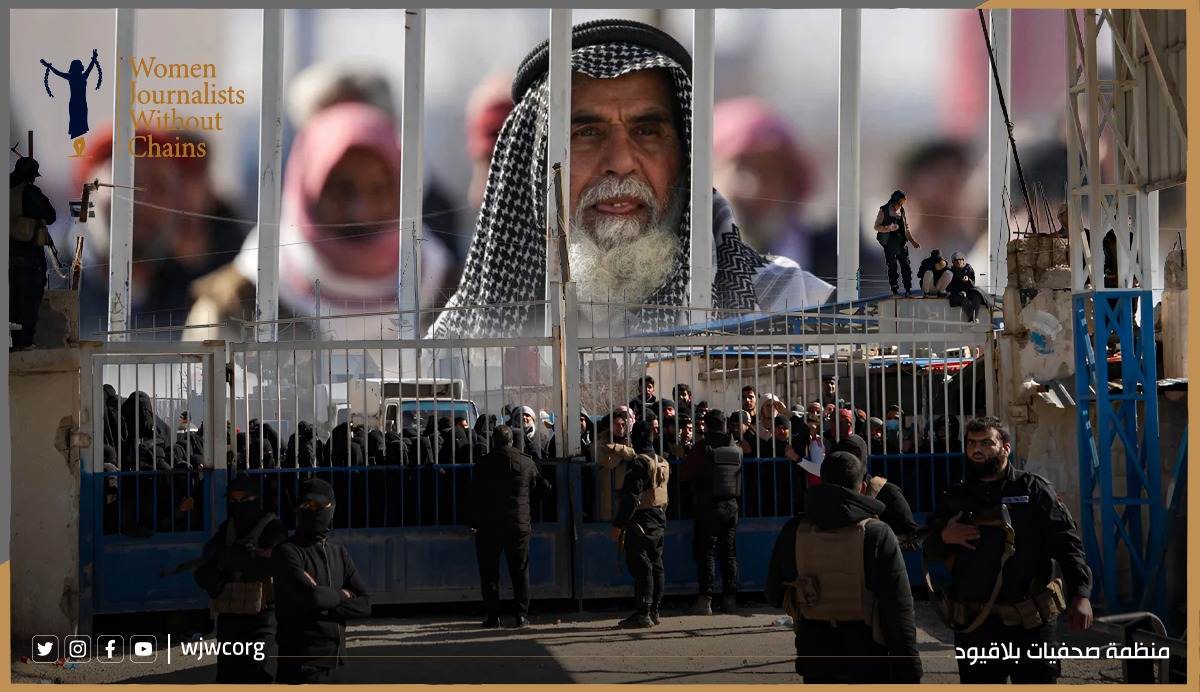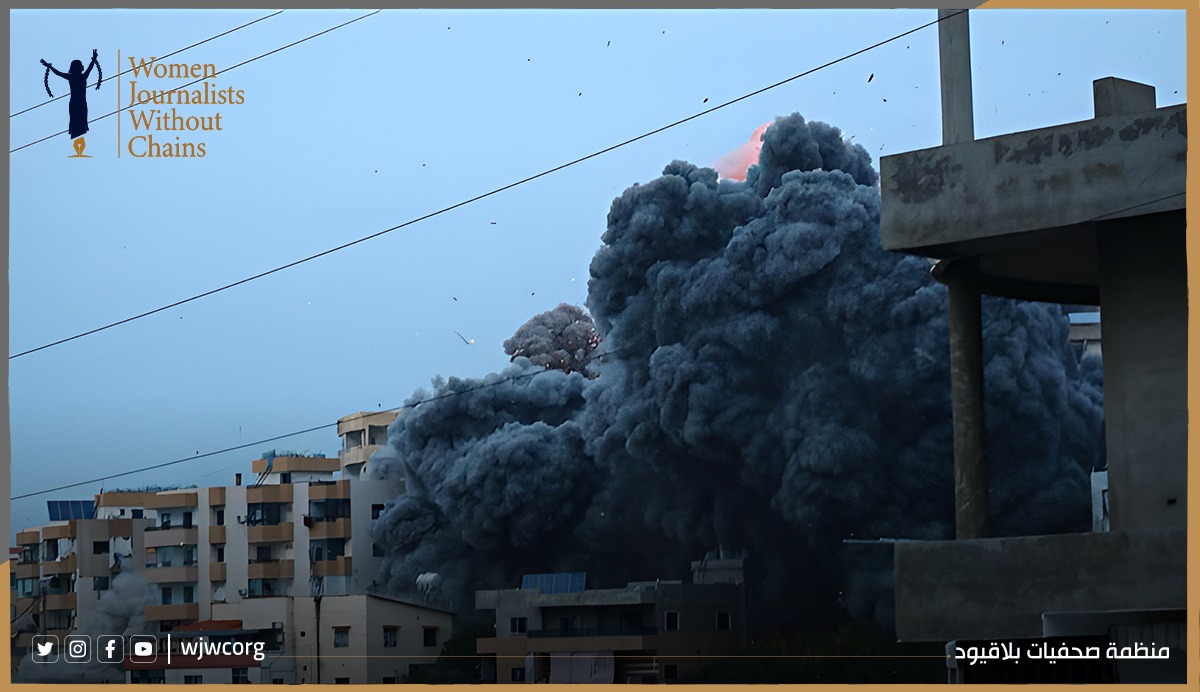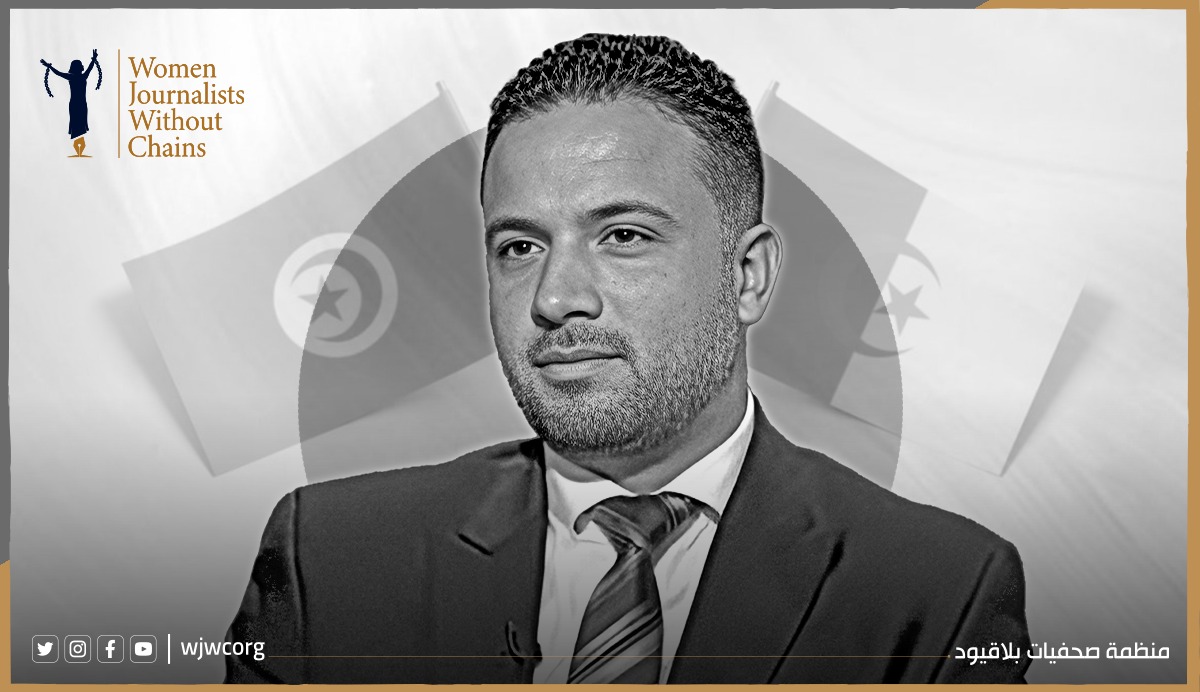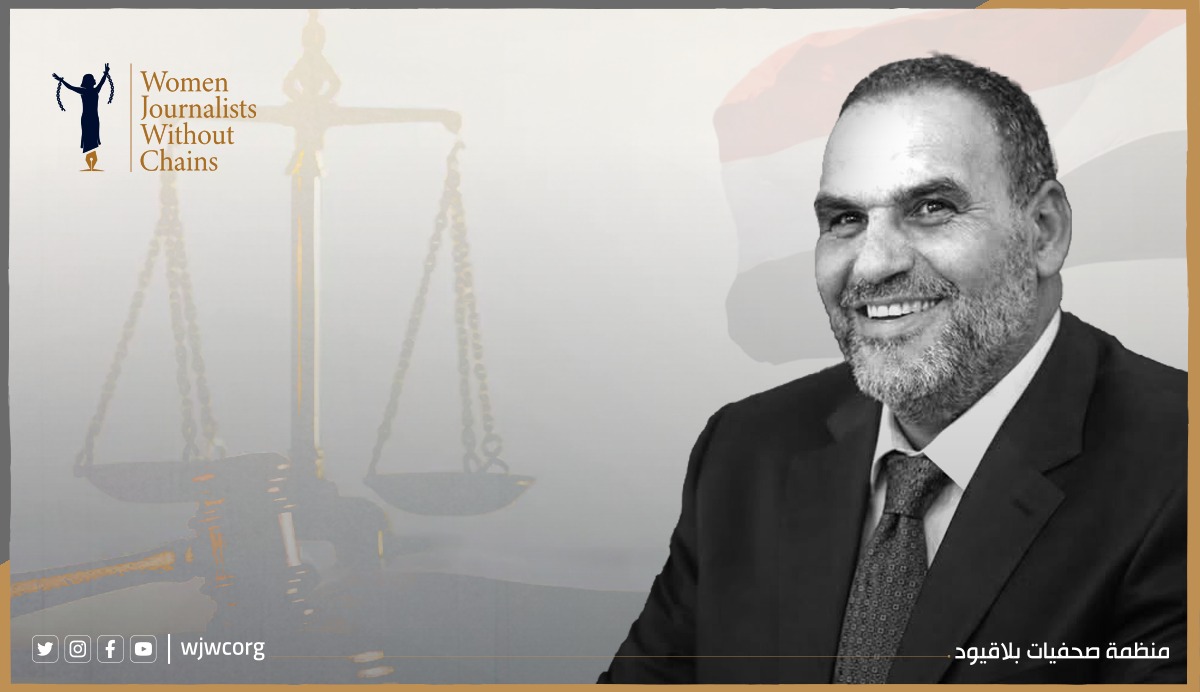Statement by WJWC on International Day in Support of Victims of Torture
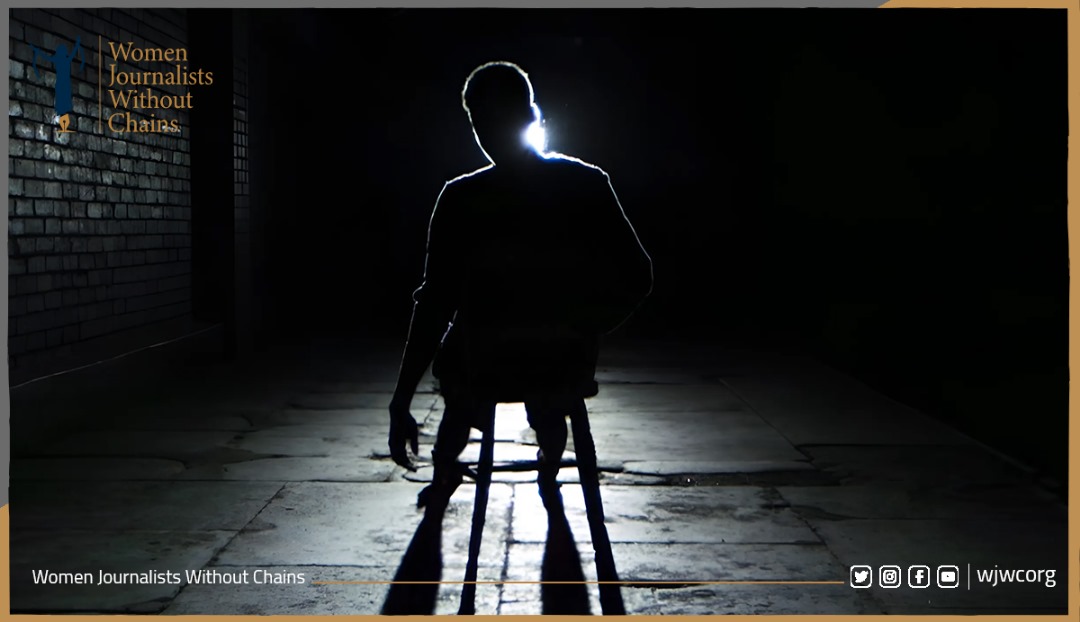
On this International Day in Support of Victims of Torture, Women Journalists Without Chains (WJWC) stands in solidarity with survivors of torture and their families across the globe—particularly in the Middle East and North Africa, where the practice remains alarmingly entrenched.
Torture is not only a violation of individual dignity but a profound crime against humanity. Despite its absolute prohibition under international law, it continues to be used by state and non-state actors to silence dissent, extract confessions, and exert control.
Across the region, torture is frequently accompanied by arbitrary detention, enforced disappearance, and systematic repression. Dissidents, journalists, human rights defenders, women’s rights advocates, and members of marginalized communities are especially vulnerable. Many endure brutal interrogations, prolonged solitary confinement, beatings, sexual violence, deprivation of food and medical care, and psychological abuse intended to break their will and erase their voice.
While many states in the region have ratified the UN Convention Against Torture, its principles are regularly violated. In countries including Egypt, Syria, Iraq, Iran, Libya, Yemen, Saudi Arabia, the UAE, and Bahrain, credible reports confirm the continued use of torture in detention centers and prisons. In several cases, individuals have died in custody due to mistreatment.
In Saudi Arabia, women’s rights activists, reformers, and religious scholars face arbitrary detention and severe physical and psychological torture. In the UAE, despite its modern image, political prisoners report prolonged solitary confinement and forced confessions under duress. In Bahrain, the release of some detainees has not ended the systemic use of torture against others.
In Yemen, all parties to the conflict, including the Houthis and the Southern Transitional Council, have been implicated in torture, arbitrary detention, and enforced disappearances. Detention facilities often operate without oversight, and many detainees have suffered physical abuse, suspension, and burning.
In Iran, torture remains central to the treatment of political prisoners and members of ethnic and religious minorities. In Iraq, trials based on coerced confessions persist, alongside arbitrary arrests and prolonged detentions. In Egypt, security forces continue to rely on electric shocks, sexual violence, and beatings during interrogations.
The situation in Sudan, worsened by internal conflict, has seen a surge in disappearances and abuse. In Tunisia, growing authoritarianism is reflected in reports of systematic psychological torture—including humiliation, family threats, and unjust sentencing—used to punish journalists and critics. In Libya, both state-run and militia-run detention centers practice torture, with migrants and refugees facing particularly high risks.
The enduring secrecy surrounding detention facilities, combined with the lack of independent monitoring and judicial accountability, continues to shield perpetrators. National and international human rights organizations face obstacles in accessing detainees or investigating abuses. This impunity not only emboldens abusers but deepens the trauma of survivors.
Torture’s consequences are long-lasting. Survivors often emerge from detention physically debilitated, psychologically scarred, and socially alienated. Many receive no support, no recognition, and no justice. Their pain does not end with their release—it merely enters a new phase, marked by silence and neglect.
Call for Accountability and Action
On this solemn occasion, Women Journalists Without Chains urgently calls on governments in the Middle East and North Africa to:
· Immediately end all forms of torture and ill-treatment, without exception or justification—including those framed as national security or counterterrorism measures.
· Conduct prompt, impartial, and independent investigations into all allegations of torture, ensuring perpetrators are held accountable and victims receive full redress.
· Guarantee judicial independence and safeguard legal mechanisms that uphold accountability and protect victims.
· Ratify and fully implement the UN Convention Against Torture and its Optional Protocol, where not yet adopted. Establish independent oversight bodies to monitor detention facilities with the participation of civil society.
· Release all individuals arbitrarily detained for exercising their fundamental rights, including freedom of expression, assembly, and belief.
· Provide comprehensive rehabilitation programs for torture survivors, including medical, psychological, and social support services. Promote public education that rejects the culture of torture and affirms human dignity.
The international community must not remain passive. Silence in the face of torture is complicity. Justice delayed for the victims is justice denied.
Women Journalists Without Chains reaffirms its steadfast commitment to exposing these violations, supporting survivors, and advocating for a region where no one is subjected to torture—ever.
Released by:
Women Journalists Without Chains (WJWC)
June 26, 2025

 En
En  Ar
Ar 